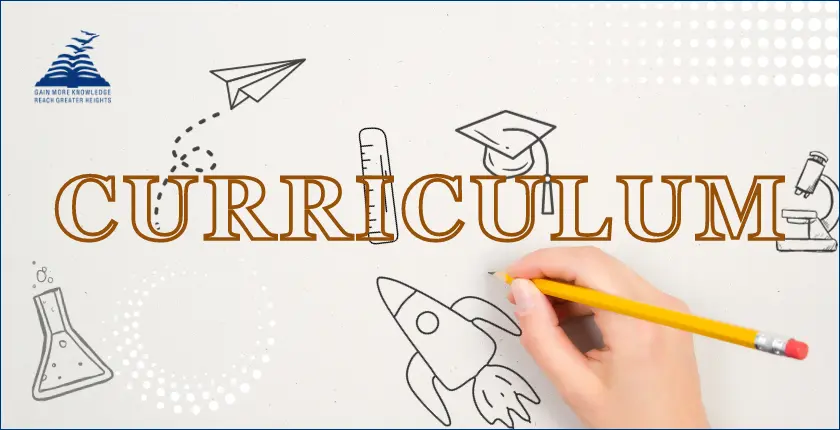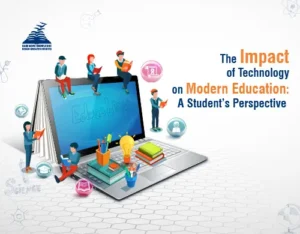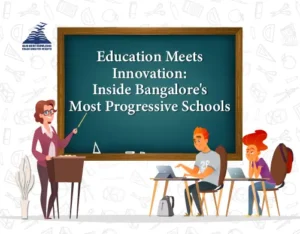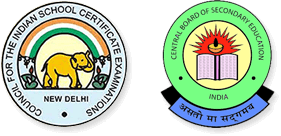Learning is essential to improving oneself and the world around you. It gives people the abilities they need to succeed in life and achieve their goals. A well-designed curriculum is the backbone of every effective educational experience. The learning experience is profoundly influenced by curriculum development, the process of creating and arranging instructional information.
This blog post will focus on the role that curriculum creation plays in ensuring student achievement.
How Do You Develop Curriculum?
Let’s first have a basic understanding of curriculum creation so that we may better comprehend how it affects our learning experiences.
Curriculum development is the process of developing educational materials and programmes that adhere to the most recent revisions of academic standards and integrate topics or abilities that will be useful in the present and the future. It includes conducting research, choosing relevant content, creating lesson plans and textbooks, and assessing the knowledge. A thorough educational experience that fulfils students’ needs and equips them for the future is the aim.
The curriculum functions as a primary tool for fostering the holistic growth of a student, encompassing the social, physical, emotional, and intellectual aspects. The emphasis on core curriculum is a common practise in educational institutions, including the Presidency Group of Schools, a highly regarded school located across Bangalore. This institution has a meticulously designed curriculum that is widely recognised for its effectiveness.
The Importance of Curriculum Development
A well structured curriculum is vital for instructors and provides several benefits to students. As an example, modern curricula often include interactive learning elements that give students the chance to take part in an interesting and immersive learning experience.
Here are some of the ways in which students in Bangalore’s top schools benefit from following a set curriculum:
- An alignment of learning goals with existing industrial norms
- Fostering student involvement and improving teaching efficacy
- A pace for educational advancement in order to ensure healthy development.
Alignment with Educational Goals
A curriculum serves as a roadmap that aligns with the overarching educational goals of an institution. It outlines what students should know, understand, and be able to do at each stage of their academic journey. By providing a clear trajectory, it empowers both educators and learners to stay focused and work towards achieving these objectives.
Adaptation to Individual Learning Styles
Students’ learning styles, aptitudes, and interests are diverse. A well-organised curriculum recognises the presence of diverse learners and provides a range of instructional strategies. This adaptability gives teachers the ability to meet the requirements of each student, making sure that no one is left behind. It promotes inclusion and gives each kid the chance to succeed in their own special way.
Integration of Relevant Content
In today’s information-rich world, it is important that a curriculum integrate relevant and up-to-date content. This will not only help students with current knowledge and emerging trends but also prepare them for the challenges of the real world. It will improve their learning process by connecting classroom theory with real-world scenarios.
Enhancing Critical Thinking and Problem-Solving Skills
A curriculum that fosters the development of critical thinking skills and problem-solving abilities is of great significance in equipping students with the necessary competencies to thrive in a constantly evolving and dynamic professional environment. These abilities are not just crucial for achieving success in an academic setting but also for effectively managing and overcoming real-world problems.
Cultivation of Lifelong Learning Habits
Education is not confined to the classroom; it extends far beyond. A well-designed curriculum instils in students a love of learning and a desire to explore beyond the syllabus. It gives them the necessary skills, allowing them to adapt to new information and technologies throughout their lives.
Preparing for Today’s World
In today’s fast-paced world, the rise of cultural awareness and global competence among students is very essential. An educational programme that incorporates many perspectives, addresses global issues, and nurtures empathy for other cultures provides students with the necessary skills to develop into conscious and responsive global citizens. The educational curriculum promotes values of respect, tolerance, and appreciation for many cultures.
Assessment and Feedback
A comprehensive curriculum encompasses a strong framework for evaluation and helpful feedback. This evaluation not only measures the development of students but also provides valuable insights for making informed instructional decisions. Educators can use formative and summative exams to identify both effective areas and places requiring additional support.
Conclusion
Curriculum development is a dynamic and multifaceted process that serves as the foundation for student success. It shapes the learning journey, promotes critical thinking, and prepares students for a rapidly changing world. By embracing inclusivity, relevance, and adaptability, a well-designed curriculum paves the way for a holistic education that empowers students to thrive academically and beyond. It is, indeed, the key to unlocking the full potential of every learner.






